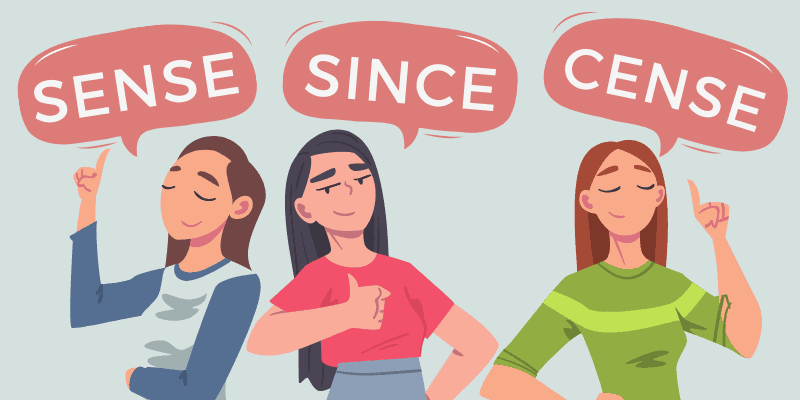Y’all vs. Yawl
Y’all is a contraction of you all, and is used as a second-person, plural, pronoun. The Southern United States is well known as the place of origin of this word, but it seems that y’all has an even longer history. There is a good argument to be made that y’all was brought to the United States by the Scots-Irish with the term ye aw, as there was a large influx of Scots-Irish immigrants into the United States over the late …


